When one reads about, hears about or intends to get to know a village, a small village, a more or less remote place, it is inevitable that certain pre-established images, diffuse or precise memories of childhood, unmistakable aromas linked to the uses and trades of yesteryear, conversations in the light of the fire or in the bar, which often acts as an intergenerational social centre, come to mind.
The truth is that modernity has also arrived in these small places; the use of the Internet and new technologies has spread, especially among the younger population, so that the local population is no longer as disconnected from the rest of the world as in the past. All of this has a strong influence on the habits and customs of its inhabitants, who have evolved, although fortunately certain signs of identity are still present, such as the children playing in the streets with complete freedom, the adults’ walks through the streets and the outskirts looking for fresh air, the nightly conversations of neighbours and friends of the same street on hot summer nights, the card games in the village bar or on the stretcher table, o Certain tasks and traditions shared by neighbours, such as whitewashing the streets of houses or certain common places, where neighbours work hard to leave the glossy façades, splitting almonds and seasoning table olives after the harvest, or slaughtering pigs when they arrive in the first cold months of winter, as well as certain festivities or customs of popular origin, such as candlesticks, all of them an expression of a pleasant coexistence that is still maintained.
Now that there is so much talk about slow life, slow tourism and “slow” in general, it should be said that the concept already existed and exists in many of our small towns and villages, and that there is little point in travelling to these places if one does not allow oneself to be permeated by this ancestral sense of life, if one simply passes through, without stopping to observe and talk to neighbours and villagers. Only in this way can we understand why it is worthwhile to preserve the appearance of the old towns and districts, and what we should aspire to when we talk about achieving a certain “quality” of life.
Our proposal goes in that direction, to take advantage of the privileged enclave of our accommodations, and do not miss the opportunity to know more about
the past, present and future of the local people and share pleasant experiences with them.



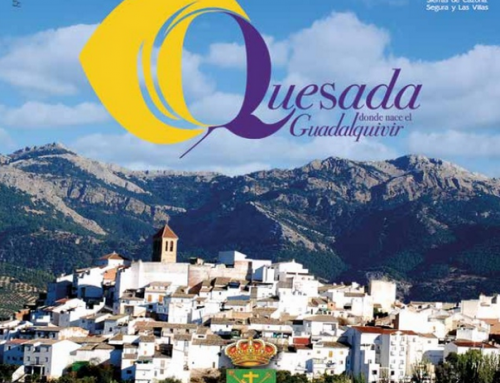
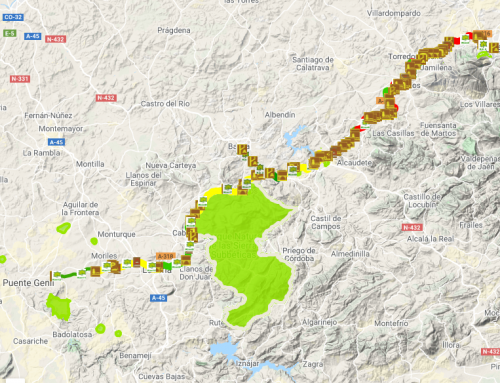
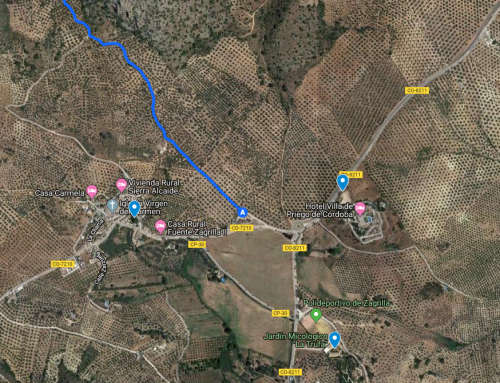
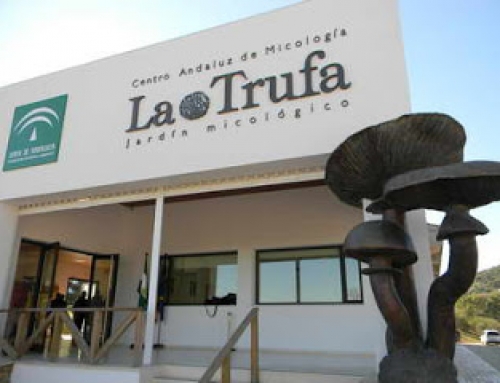
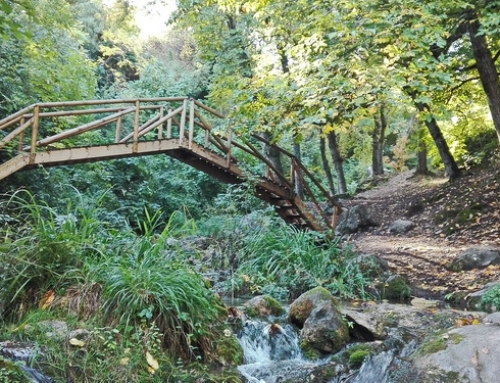




Leave A Comment